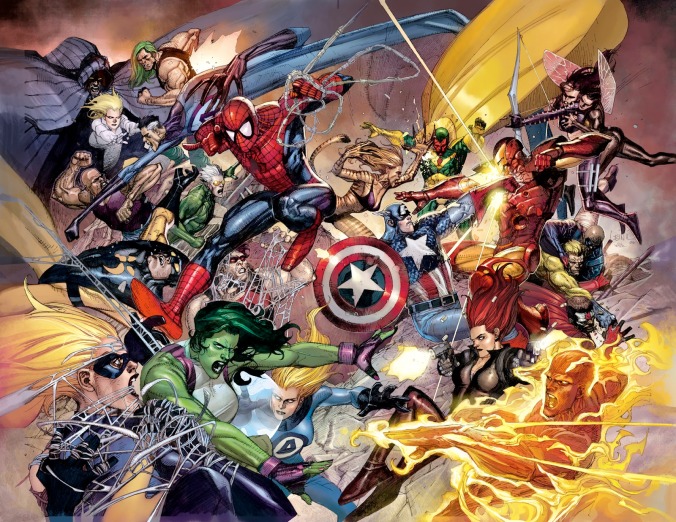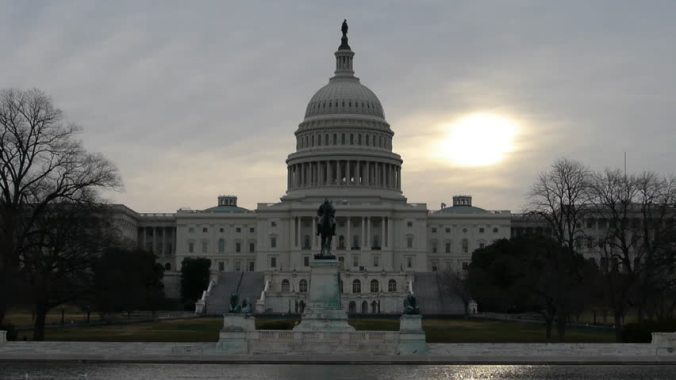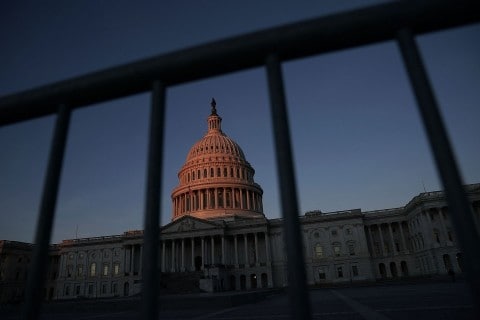
Ethics Alarms has now been active for seven full years, and there have been more than 160,000 comments on the 7000+ posts here. It is time—past time, really— to revise the Comment Policies based on what I have learned, and based on what the blog has become and what I want it to accomplish.
This site exists to encourage an ongoing, rigorous and engaging inquiry about ethics, from the perspective of events large and small, in the United States and the world. Ethics evolves as societal standards and norms evolve. We accomplish that evolution, usually in enlightened directions, through advocacy, disagreement and debate, using logic, values, principles, systems and facts. The comment section has evolved as moderated colloquy among intelligent, articulate and open-minded readers, and me, as the author/ ethicist/host and moderator. I have learned a great deal from the site’s readers, and hope to continue to do so.
Ethics Alarms offers the following 20 guidelines and rules to advance this mission:
1. Before you comment for the first time, check the terms and concepts page if you can. It will avoid misunderstandings
2. I prefer full names attached to comments.. If you want to use a screen name, I have to know who you are. You can e-mail me your name at jamproethics@verizon.net, and it will not be divulged. You must enter an e-mail address, and it must be real. If you use a fake e-mail address, your comment will be deleted. No comment signed “anonymous” will be posted. Ever. (Well, hardly ever) If you use a URL as your screen name, I will treat the comment as spam no matter how trenchant your observations are.
3. I have to approve every first time commenter, and as with bar associations and Harvard College, the standards used to screen applicants are tougher than the standards applied once you pass. If your initial foray here is gratuitously disrespectful, nasty, snotty, disparaging, obnoxious, or just plain stupid, your comment won’t make it out of moderation. Similarly, non-substantive comments expressing approval or disapproval without more are worthless, and I’ll reject them. Initiating your relationship on Ethics Alarms with snark, sarcasm, nastiness or ridicule is a bad strategy–as I noted above, you have to earn the privilege of talking to me like that. You may not get a second chance.
4. Regular commenters have special privileges. They can engage in tough rhetoric bordering on insult, as well as brief comments that would not pass muster with a first-timer. But always remember that you are a guest here. Guests are obligated to prove their trustworthiness and good will before they are extended special privileges, and even those privileges have their limits.
5. Political rants are not welcome. In addition, efforts to muddle genuine objective ethical analysis by pressing ideological talking points and bombarding me with links are not appreciated, and won’t be tolerated for long, if at all..
6. Keep comments as civil as possible. Ethics Alarms does, at its discretion, permit vulgarity and profanity for style and emphasis. I will show limited tolerance for rude and abusive comments and commenters, depending on the combatants. At my sole discretion, I may extend special dispensation for regular, substantive commenters here who have accumulated good will and trust, even when they cross lines that I would not permit to be crossed by a less-credentialed visitor [See below]. While a verdict of “you are an idiot,” may occasionally be justified, I may ding comments that include gross personal attacks, subject to the exceptions noted above, unless it has an extremely impressive substantive argument accompanying it. In the heat of debate, Ethics Alarms will tolerate the occasional insult If commenters become overly nasty and personal in their exchanges with each other or habitually so, I will intervene.
7. Ethics Alarms discourages text jargon and abbreviations. “LOL”, in particular, is guaranteed to annoy me. Also disfavored are popular slang words designed to denigrate a belief, an individual or political groups, like “Repugs,” or juvenile name-calling like “The New York Slimes” or “The Washington Compost.”
8. I’m very likely to respond to your comments. Don’t try hit-and-run tactics here, and don’t think you can get away with an unsupported, badly-reasoned or purely emotional argument and not get called on it. On the other hand, if I don’t respond, don’t take it personally.
9. Re Links: Relevant links are appreciated. Irrelevant links will cause a comment to be deleted as spam.( Remember that if you include more than one link, your comment gets automatically stalled in moderation.)Links to your related blog posts must be supported by a substantive comment on the topic as well: this isn’t your bulletin board. Similarly, the URL of your blog is not going to make it into the comment, and if you persist in trying to slip it through, I will start marking the comments as spam. I am happy to plug, including a link to your blog, if you write me first and explain why it is relevant and useful to Ethics Alarms readers, and I concur. Your comment, however, is not a vehicle for spreading your blog information around the web…not here, anyway.
10. Typos: I regret that WordPress has yet to install a good editing function for comments. Please proof yours. I will endeavor to fix obvious typos, and if you e-mail me a request to delete or otherwise repair a mis-typed section of a legitimate comment, I will try to reply. I will respect style choices like eccentric punctuation, capitalization, syntax or spelling, but comments that are careless and difficult to read or understand risk being rejected.
11. Me: I reserve the right to sharply express my annoyance with comments that I regard as careless, poorly argued, based on partisan hackery, stupid, unethical or ignorant. I am prone to be testy at comments that fall into any of the following categories:
1) Those that say I should be writing about “more important things.” I do. But I don’t have to write every post about the earth-shattering, and trivial incidents can still teach important lessons.
2) Comments that include “lighten up,” “calm down,” “get a life,” or anything similar. Please don’t presume to gauge my emotional state or dictate it.
3) Comments that accuse me of ignoring topics or not making arguments when in fact other posts on the site covered those topics and did make those arguments. I don’t require that you read everything, but do not make allegations when a simple key word search on the site would disprove them.
4) Putting words in my mouth, or ascribing opinions to me that I have not stated. I hate that.
5) Being snotty about typos. I make mistakes, and appreciate being told about them. Nicely.
6) Mockery without substance.
7) Racist, misogynist and otherwise bigoted rants.
12. On occasion my annoyance may cause my reply to seem excessively severe. In such cases, please point this out, and I may well apologize. I may not, too. If a comment is especially ignorant or dumb, I have been known to bluntly describe it as such. I will continue to do so. This is part of my effort to elevate the discussion through negative reinforcement. This is not a site where you can just dash off a barely considered shot and get away with it. Continue reading →






